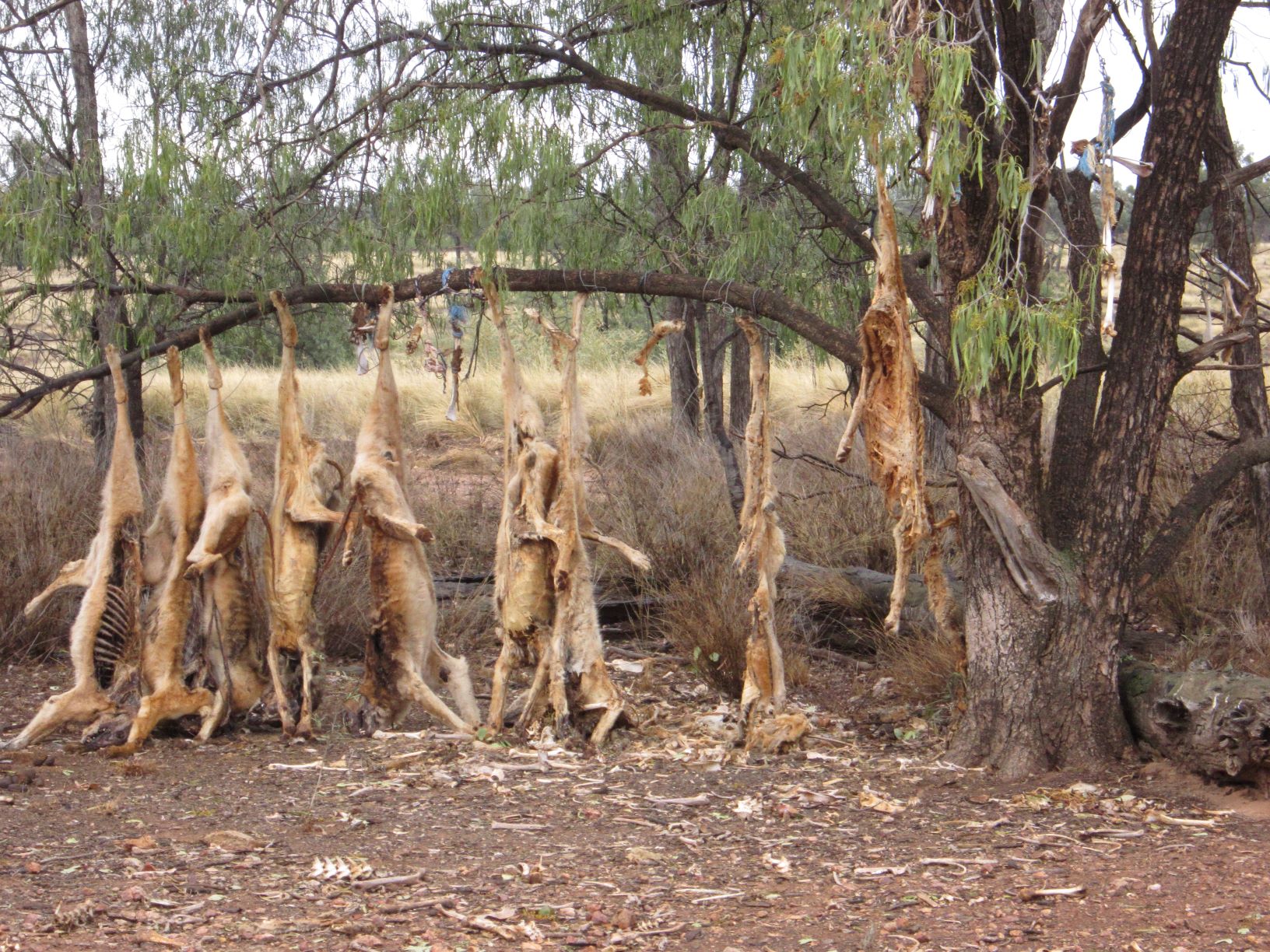24 May 2021.

AgForce is urging landholders who use vertebrate pest poisons to be aware of revised regulatory standards coming into force on 1 September under the new Queensland Health Medicines and Poisons Act 2019.
The new regulations for controlling rabbits, foxes, wild dogs, feral pigs and pest birds, also include commercial baiting operators and trappers using strychnine cloths.
Users of PAPP, strychnine and canine ejector capsules will require a ‘general approval’ and two competencies for use and transport of agvet chemicals (AHCCHM304 and 307).
A third competency AHCPMG312 for applying vertebrate baits in rural and environmental landscapes is required to access 1080 concentrate.
Landholders participating in local government coordinated baiting programs using meat baits with less than 0.05 per cent 1080 poison do not require the training competencies, but must abide by the Standard for dealing with Schedule 7 poisons.
Fee-for-service pest management technicians working on rural properties are also affected and will require a licence and training competencies.
This includes applying pesticides for ticks, rats, mice, locusts, insect pests and termite control around timber infrastructure.
This regulation does not apply to producers, employees and volunteers working on their own property and use of household pesticides within a residence.
A Queensland Health factsheet is available online, and Members are urged to refer to it for further information.
Alternatively please email the Department of Health (MPAct@health.qld.gov.au), telephone Environmental Health Scientist Clive Paige (07 3328 9339) or contact Marie Vitelli, Policy Officer at AgForce (0429 062 852, email vitellim@agforceqld.org.au).

